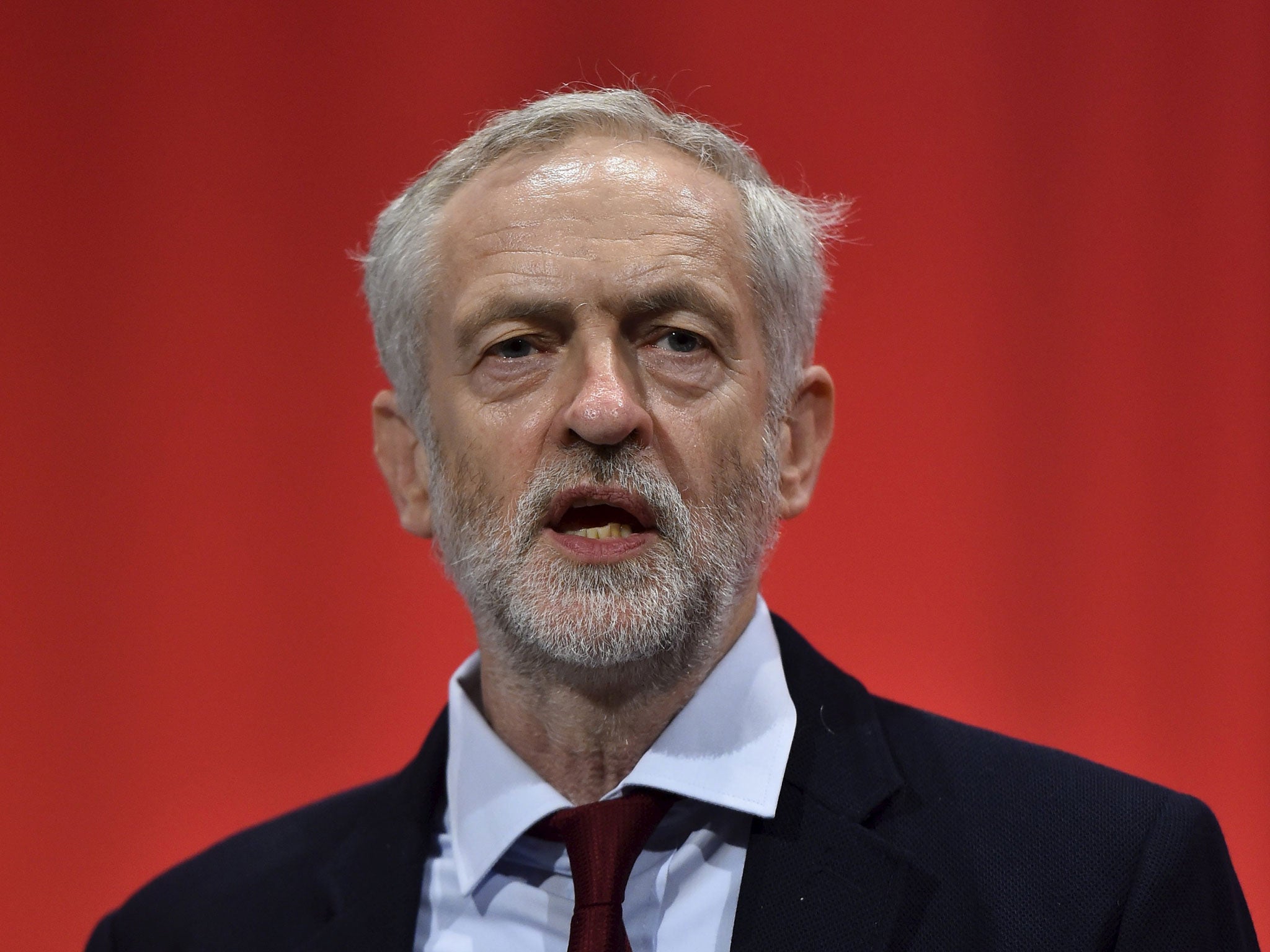Your support helps us to tell the story
From reproductive rights to climate change to Big Tech, The Independent is on the ground when the story is developing. Whether it's investigating the financials of Elon Musk's pro-Trump PAC or producing our latest documentary, 'The A Word', which shines a light on the American women fighting for reproductive rights, we know how important it is to parse out the facts from the messaging.
At such a critical moment in US history, we need reporters on the ground. Your donation allows us to keep sending journalists to speak to both sides of the story.
The Independent is trusted by Americans across the entire political spectrum. And unlike many other quality news outlets, we choose not to lock Americans out of our reporting and analysis with paywalls. We believe quality journalism should be available to everyone, paid for by those who can afford it.
Your support makes all the difference.There would be very little support for a military coup if Jeremy Corbyn won the next election, a poll has found.
An unnamed British army general told the Sunday Times newspaper last month that the Labour leader could face a “munity” from senior military officers, “by whatever means possible, fair or foul”.
But a YouGov poll found that only nine per cent of the population would be sympathetic to a coup if Mr Corbyn became Prime Minister.
“The Army just wouldn’t stand for it. The general staff would not allow a prime minister to jeopardise the security of this country and I think people would use whatever means possible, fair or foul to prevent that. You can’t put a maverick in charge of a country’s security,” the general told the newspaper at the time.
“There would be mass resignations at all levels and you would face the very real prospect of an event which would effectively be a mutiny.”
A Labour source described the comments as “quite an extraordinary statement”.
When asked about the general possibility of a military takeover, 25 per cent of the public said they could imagine a situation, however unlikely, where they might be in favour.
But of this number a majority – 52 per cent – said they would not support one to stop Mr Corbyn becoming prime minister, with 34 per cent saying they would.
This means around nine per cent of the population as a whole would support a coup to stop the Labour leader.
The poll however found that the public believe military officers “want what is best for the country” compared to “what is best for themselves” by 68 per cent to 16 per cent.
The score for democratically elected politicians was reversed – with 17 per cent believing politicians have the country’s interests at heart and 72 per cent believing them to be out for themselves.
Around the world, high-ranking military officers have a strong history of attempting to seize of power from democratically elected left-wing governments.
In 1973 the world’s first democratically elected Marxist, Salvador Allende, was deposed by General Pinochet – whose rule was later supported by Margaret Thatcher.
In 2002 elements in the Venezuelan military attempted to overthrow the country’s [resident Hugo Chavez, but were prevented from doing so by street protests and military loyalists.
There were warnings that the Greek military might seize power upon the election of the leftist Syriza government in that country, but these were never realised.
Military governments have recently sized power in Thailand in 2014 and Egypt in 2013.
The YouGov poll was conducted on 12 and 13 October 2015.

Join our commenting forum
Join thought-provoking conversations, follow other Independent readers and see their replies
Comments